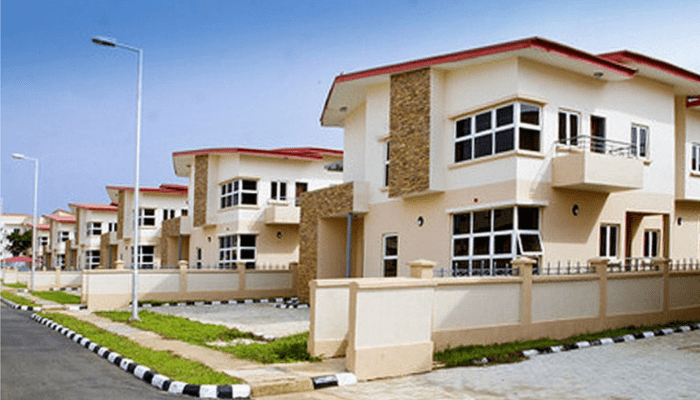Across the cities and rural towns of Nigeria’s South East, imposing mansions line the streets, symbols of wealth, ambition, and migration. Yet, behind their grand gates lies silence. Many of these sprawling houses stand unoccupied, their owners living abroad or in other parts of the country, leaving behind architectural monuments to a paradox of prosperity amid economic strain.
In states like Anambra, Imo, and Abia, entire neighborhoods boast multi-million-naira homes built with funds sent from the diaspora. However, with few industries, limited local employment, and weak infrastructure, these mansions highlight the region’s uneven development. While they reflect the success of Igbo entrepreneurs abroad, they also underscore the absence of productive investment at home.
Economists argue that the phenomenon exposes Nigeria’s deeper structural imbalance where remittances often fund real estate rather than industries that create jobs or stimulate growth. The result is a landscape of luxury amid local hardship, a visual reminder of a nation grappling with inequality and misplaced priorities.
Residents say the empty homes also fuel insecurity, as abandoned buildings become targets for vandalism or squatting. Some communities are now exploring policies to tax idle properties or incentivize the conversion of these structures into schools, hotels, or commercial spaces.
In the end, the South East’s skyline tells a story that is both proud and troubling one where the success of its people abroad stands in stark contrast to the economic deficit at home.
Source: Business Day



